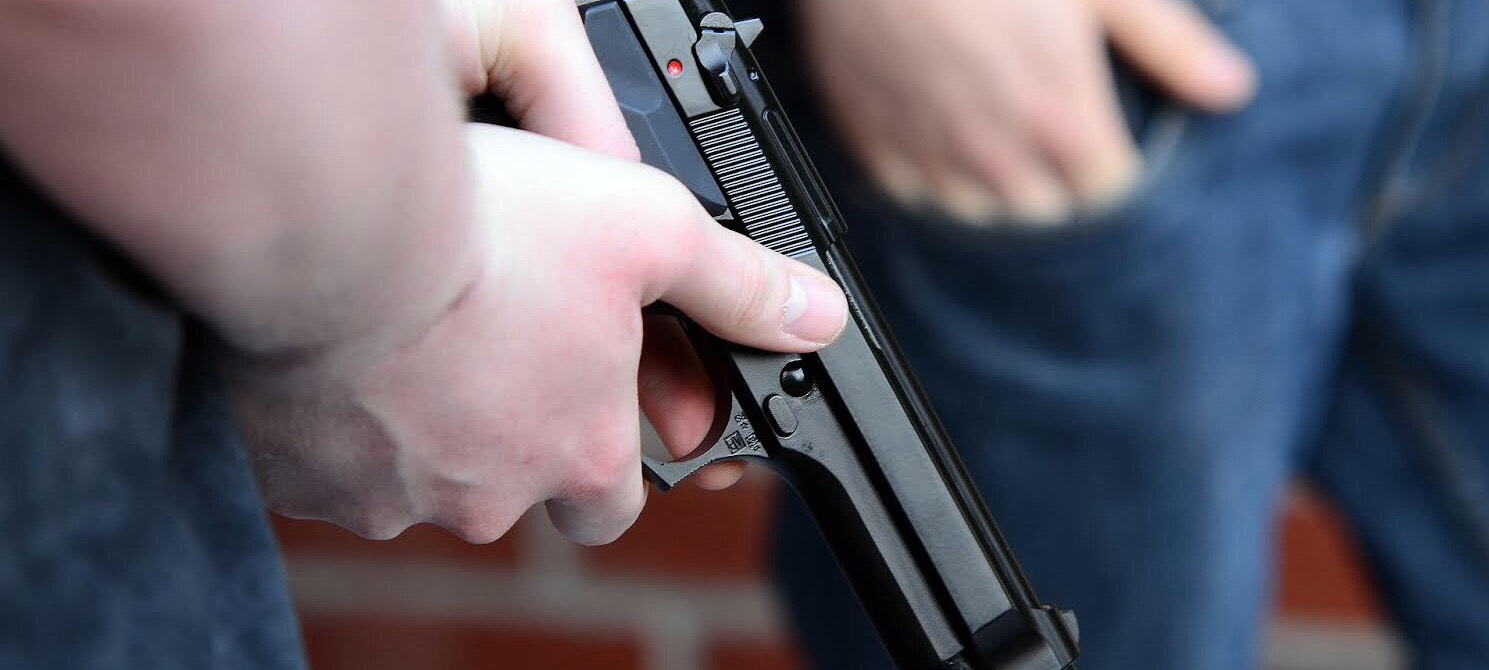On July 25, 2017 the District of Columbia Circuit decided the case of Wrenn v. District of Columbia. The case addressed the Second Amendment rights of D.C. residents to carry a firearm outside of the home. The court concluded that the right to carry a firearm outside of the home for the purpose of self-defense, even where there is no specific need for self-defense, still falls within the protections of the Second Amendment. Therefore, as long as an individual is responsible enough to go through the proper channels to obtain a firearm, there should not be a requirement to explain a self-defense need for the firearm license nor should a person be denied a concealed-carry license for residing in a highly-populated urban area such as Washington, D.C.
The D.C. gun law at issue (D.C. Code 7-2509.11) required applicants for firearm licenses to have a “good reason” to fear injury when seeking to obtain a firearm for protection outside of the home. The law further required a special showing that self-protection was needed by demonstrating previous threats or physical attacks had occurred.
The D.C. Circuit Court was ultimately faced with deciding whether this “good-reason” law infringes on the core of one’s Second Amendment rights within the District of Columbia to carry a concealed firearm.
The text of the Second Amendment reads as follows: “A well regulated Militia, being necessary to the security of a free State, the right of the people to keep and bear Arms, shall not be infringed.” U.S. Const. Amend II.
In deciding that D.C.’s “good-reason” law violated the Second Amendment, the court first determined the right to carry a firearm extends beyond the home and in the public because the concept of self-defense is at the core of an individual’s Second Amendment right where the need for self-defense can arise anywhere, not just within one’s home.
The Wrenn court further discussed whether there should be prohibitions on carrying firearms in highly-populated places such as Washington, D.C. It decided that the Second Amendment also protects individuals who wish to carry firearms in densely-populated areas, noting that laws regulating the right to carry guns must leave a means for responsible, law-abiding citizens to carry firearms should they choose. These citizens should not be excluded from concealed-carrying simply by virtue of their residence in an urban area. Ultimately, the issue with D.C.’s “good-reason” law was that it completely prohibited most law-abiding D.C. residents from exercising their right to carry a gun concealed, therefore the Wrenn Court was forced to strike down the statute.
What affect does the Wrenn case now have on gun licenses issued in D.C.?
Because the Wrenn case invalidated the way the District of Columbia issues concealed-carry gun licenses, the District can no longer deny a person the right to a concealed gun license for not demonstrating a “good reason” for needing the firearm for self-defense purposes.
If you or someone you know is currently facing a gun charge, call (202) 403-2292 or contact us to speak with a qualified D.C. gun lawyer about your rights.

